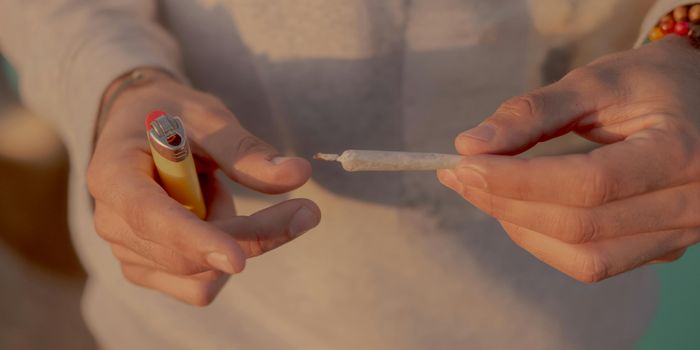Physical Activity Reduces Depression in Children and Adolescents
Physical activity interventions may help alleviate depression in children and adolescents. The corresponding systematic review and meta-analysis was published in JAMA Pediatrics.
Around 4.4% of children and adolescents have depression globally. Current treatment guidelines suggest the use of psychotherapy and/ or pharmacotherapy to treat depression in children and adolescents. However, barriers exist to these treatment modalities. Lack of time, parental mistrust of therapists, and fear of stigmatization may stand in the way of psychotherapy treatment. Meanwhile, adverse side effects such as sleep disturbances, gastrointestinal distress, and even suicide may arise from pharmacological treatments.
Alternative treatment methods for depression in children and adolescents may thus be useful. While physical activity interventions have been shown to alleviate depressive symptoms in adults, whether the same can be said about children remains unclear.
To understand more about the potential for exercise to alleviate depressive symptoms in children, researchers examined 21 studies investigating the effects of physical activity interventions on depressive symptoms in children and adolescents. The studies analyzed involved 2441 participants at an average age of 14 years old.
The researchers found that physical activity interventions produced greater reductions in depressive symptoms compared to control conditions defined as no treatment, education/ attention control, waiting list, or treatment as usual. They noted, however, that physical activity had greater benefits in those aged 13 years and older. This, they said, may be as younger children tend to be more physically active than older children, and thus may be desensitized to the effects of physical activity.
The researchers conclude that their findings suggest physical activity may alleviate depressive symptoms in children and adolescents. They noted, however, that their findings have some limitations. To begin, they wrote that they did not screen for study quality and that poorly-conducted studies may have influenced their findings.
Nevertheless, they wrote that future research should investigate how frequency, duration, and supervision of physical activity may influence depressive symptoms in young people. They note that such research may help identify optimal modes of physical activity to address depressive symptoms.
Sources: JAMA Pediatrics









